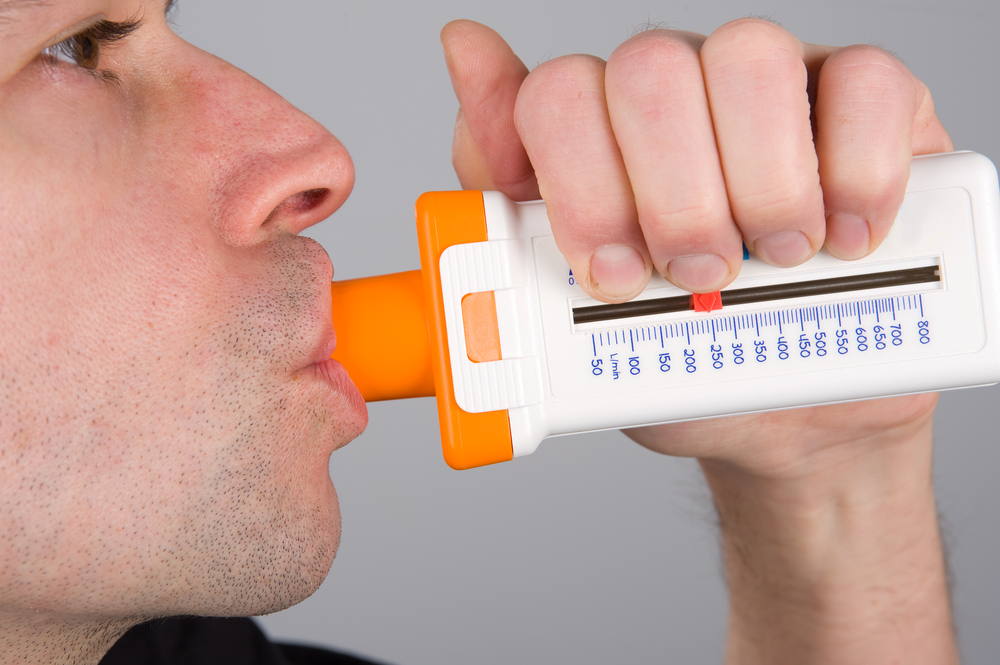Esbriet Can Treat IPF Over Long-term Regardless of Initial Severity of Disease, Study Finds
Written by |

The long-term effectiveness of treatment with the anti-fibrotic drug Esbriet (pirfenidone) does not depend on the forced vital capacity (FVC) at baseline in patients with idiopathic pulmonary fibrosis (IPF) — meaning it is as effective over time in IPF patients with more advanced disease as it is in those with better preserved lung function, according to results of a Phase 3 clinical trial called RECAP (NCT00662038).
RECAP was an open-label, follow-up trial in patients who participated in the CAPACITY trials (NCT00287716 and NCT00287729), which assessed Esbriet as an IPF treatment in the shorter term, and found the drug’s efficacy was independent of baseline FVC. The aim of RECAP was to test whether this was also the case when the drug was used for a longer period. The CAPACITY studies ran for 72 weeks, while RECAP spanned 180 weeks, or more than three years.
FVC is the maximum volume of air that can be exhaled following a full inhalation, exhaling as forcefully and rapidly as possible. As such, it is a measure of lung function, and lower FVC values indicate more severe disease. (Baseline values are measures taken before the initiation of treatment.)
Researchers from Cedars-Sinai Medical Center in Los Angeles, California, presented their results at this year’s American College of Chest Physicians (CHEST 2016) annual meeting, held in Los Angeles on Oct. 22–26. The presentation was titled, “Long-term Effectiveness of Pirfenidone in Patients With Idiopathic Pulmonary Fibrosis Is Independent of Baseline Forced Vital Capacity.”
For RECAP, 584 patients who completed the CAPACITY trial were randomly divided into two groups. Patients in the first group received 2,403 mg of Esbriet each day, while those in the second group received a placebo.
Researchers then analyzed results based on the patients’ baseline percent predicted FVC. They found that during the three-year period, the annual rates of FVC decline were 0.71% in patients who had an FVC of less than 50% at baseline (representing those with poorest lung function), 1.13% in patients who had an FVC between 50% and 60% at baseline, 1.24% in those with an FVC of 60% and less than 70% at baseline, 1.09% in patients with anFVC between 70% and less than 80% at baseline, 1.1% in patients who had an FVC between 80% and less that 90% at baseline, and 1.10% in patients with an FVC of more than 90% at baseline (those with the greatest preserved lung function).
Based on these results, the researchers concluded that there was no significant difference in the rate of FVC decline among the various groups of patients studied, and that the long-term effectiveness of treatment with Esbriet was independent of FVC at baseline.
Esbriet was approved by the U.S. Food and Drug Administration (FDA) in 2014 to treat IPF.





